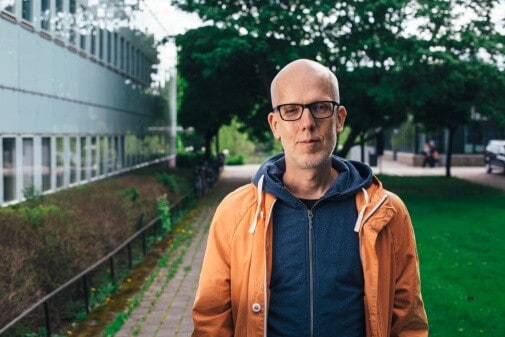Young people with foreign backgrounds who identify with their parents’ culture are more inclined to feel integrated into mainstream Swedish culture. So says a new sociological study which looked at the attitudes of Iranian and former Yugoslavian youths.
“There’s no conflict between identifying with both one’s parents’ homeland and with Sweden. Actually, there’s somewhat of a tendency that the more strongly you identify with your parents’ homeland, the stronger identification you have with Sweden,” says Jens Rydgren, professor of sociology and the study’s co-author.
Multiculturalism, as a phenomenon, has been strongly criticised, not the least in current political debates. Even classical assimilation theory and some newer research suggests that there is a conflict or trade-off between keeping the original culture and integrating into the majority culture. This study clearly shows that there isn’t any such trade-off. You don’t have to choose one identity; you can keep both.
The study also shows that poorer socioeconomic conditions – like worse jobs or lower incomes – mean that young people lose both their mainstream and minority cultural identities. Conversely, more privileged young people keep a foot in both cultures. Because of this, the researchers suggest that economic integration increases both kinds of cultural integration.
“One takeaway from our research is that we don’t have to worry so much over which cultural identity someone has. After all, there are other important integration issues, like work and equal opportunity in higher education,” says Jens Rydgren.
The study compares two groups of people – the first with two parents from Iran and the second with two parents from the former Yugoslavia. All participants were born in 1990 and live in Sweden. The study is based on surveys given to everyone in the first group and a random selection of 50% of the second group. The survey data was then combined with publically available information (register data) like area of residence and school performance. Around 50% of those surveyed responded and those taking part came from all over Sweden.
The reason the Iran and the former Yugoslavia were chosen is that they are sizeable groups in Sweden and represent a range of possible experiences that someone with a foreign background might have. The researchers want to emphasise that these groups are not the most disadvantaged, and that groups that are worse off could well have different experiences.

